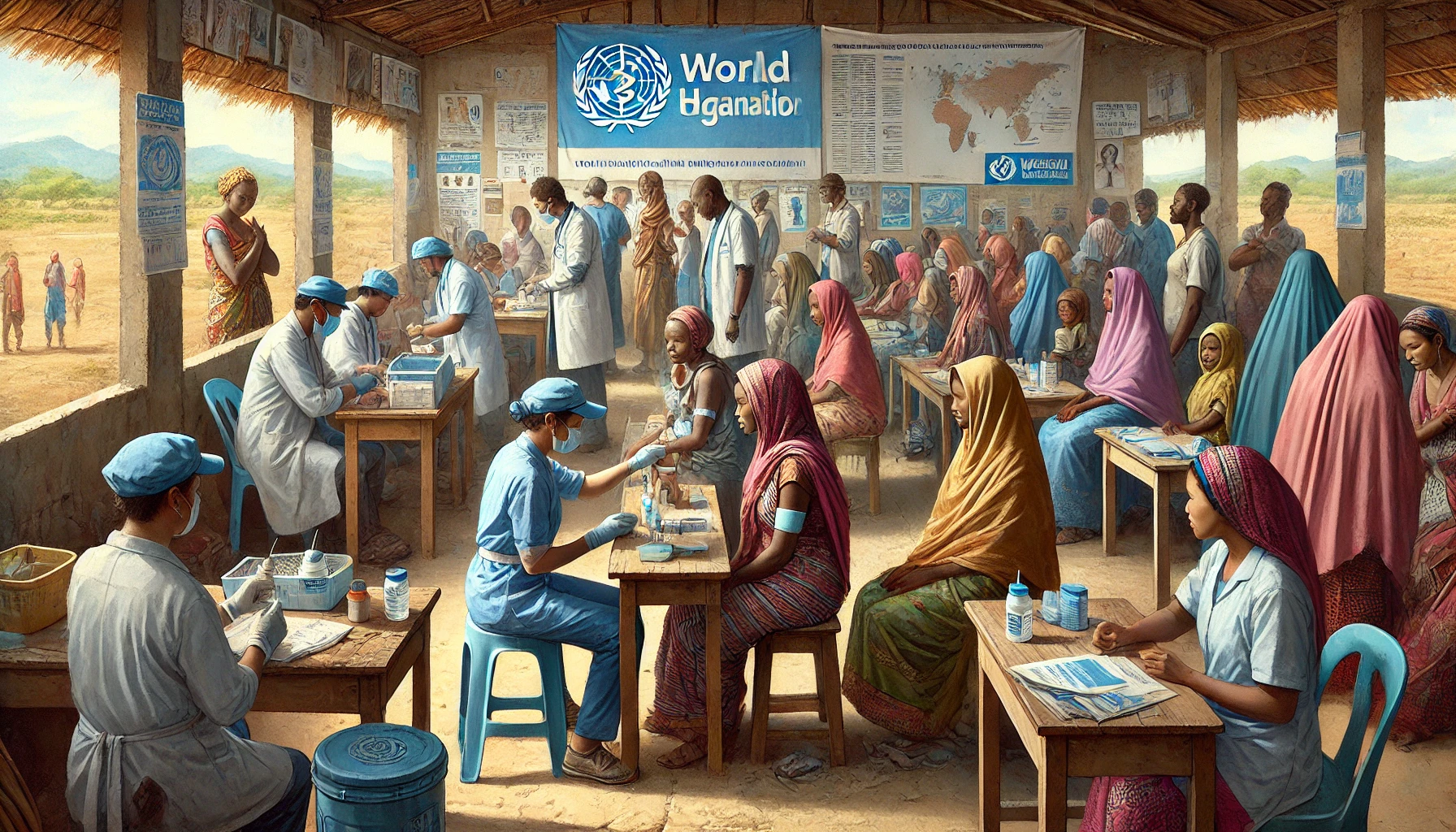Leaders Convene in Bali Launched New Commitments for Cervical Cancer-Free Future
The Bali forum built upon the successes of the 2023 Cartagena Declaration, where nearly $600 million was pledged toward scaling up global elimination efforts.

The fight to eliminate cervical cancer—one of the most preventable yet deadly diseases among women—has gained unprecedented momentum as global leaders, health ministers, donors, and civil society actors convened at the 2nd Global Cervical Cancer Elimination Forum in Bali, Indonesia, from June 17–19, 2025.
The forum, hosted under the leadership of the Indonesian Ministry of Health and supported by the World Health Organization (WHO), marks a historic turning point in the movement to make cervical cancer the first cancer ever to be eliminated. With more than 300 participants representing governments, multilateral agencies, and private sector stakeholders, the event catalyzed political and financial commitments aimed at expanding equitable access to HPV vaccination, cervical screening, and lifesaving treatment.
Progress Toward 2030 Targets and the WHO Elimination Strategy
The gathering reaffirmed the WHO’s Global Strategy for the Elimination of Cervical Cancer, which outlines three ambitious targets for 2030:
-
90% of girls fully vaccinated with the HPV vaccine by age 15,
-
70% of women screened with a high-performance test by age 35 and again at 45,
-
90% of women with cervical disease receiving appropriate treatment.
Global progress has begun but is uneven. While high-income countries boast near-universal HPV vaccine coverage, only 46% of low-income countries have introduced it nationally. This inequity contributes to the grim reality that 94% of the 342,000 annual deaths from cervical cancer occur in low- and middle-income countries.
Spotlight on Indonesia’s Leadership
Indonesia's Minister of Health, Budi Gunadi Sadikin, underscored the country’s aggressive efforts to tackle cervical cancer by expanding free HPV vaccination to school-age girls, scaling up early detection programs, and increasing community awareness. These initiatives include DNA HPV testing and Visual Inspection with Acetic Acid (VIA) co-testing at primary health care facilities.
“We cannot rely solely on treatment,” said Minister Sadikin. “Prevention is far more important. We must detect cancer at an early stage—when it’s still curable.”
Equity and Innovation at the Heart of the Strategy
The Bali forum emphasized that elimination is not merely a scientific or clinical challenge—it is a justice issue. The current disparity in cervical cancer burden reflects structural inequalities in access to healthcare, especially for women and girls in vulnerable communities. As Dr Tedros Adhanom Ghebreyesus, WHO Director-General, noted, “Every girl who remains unvaccinated and every woman who lacks access to screening or treatment is a reminder that equity must be at the heart of our elimination strategy.”
Innovations such as self-sampling technologies are helping reach women in remote or underserved areas, while market shaping efforts by organizations like Gavi, the Vaccine Alliance, are driving down costs and improving supply chains. Updated WHO guidelines and simplified vaccine schedules—such as the single-dose HPV vaccine—are making it easier to protect girls and expand reach.
In Africa, progress is already visible: HPV first-dose coverage rose from 28% in 2022 to 40% in 2023, making it the region with the second-highest rate of increase worldwide.
Building on Cartagena’s Momentum and the Bali Declaration
The Bali forum built upon the successes of the 2023 Cartagena Declaration, where nearly $600 million was pledged toward scaling up global elimination efforts. This year, countries renewed their commitments under the Bali Declaration to Reaffirm Commitment to Cervical Cancer Elimination, calling for:
-
Enhanced national HPV vaccine rollouts
-
Scaled-up screening and early treatment programs
-
Sustained investments in public health infrastructure
-
Mobilization of civil society and community leadership
Donors were also urged to fully fund Gavi’s 2026–2030 replenishment, which aims to vaccinate 120 million girls and save an estimated 1.5 million lives over the next five years.
A Call to Action: From Pledges to People
WHO Western Pacific Regional Director Dr Saia Ma’u Piukala summed up the movement’s moral imperative: “At its heart, this movement is about justice. It’s about ensuring that every girl and every woman, regardless of where she lives or what she earns, has access to basic, lifesaving care.”
By 2030, without sustained intervention, annual deaths from cervical cancer could exceed 410,000 globally. But with this global surge in commitment and coordination, stakeholders believe that elimination is not only achievable—it is within reach.
The forum concluded with a powerful consensus: the time to act is now. By aligning national strategies with the global framework, scaling up proven interventions, and prioritizing equity, the world can ensure a future where no woman or girl dies from a disease we have the tools to eliminate.










